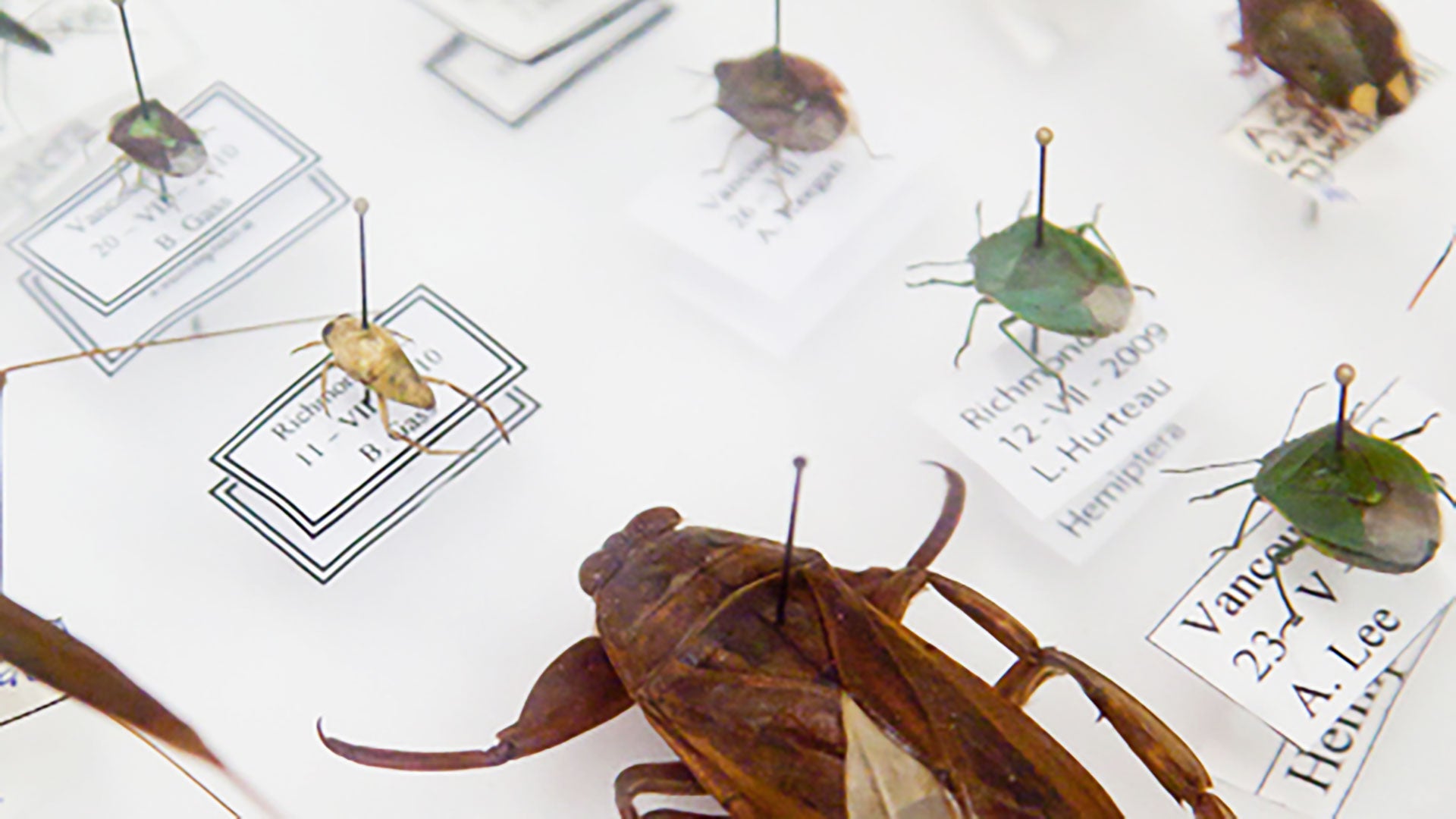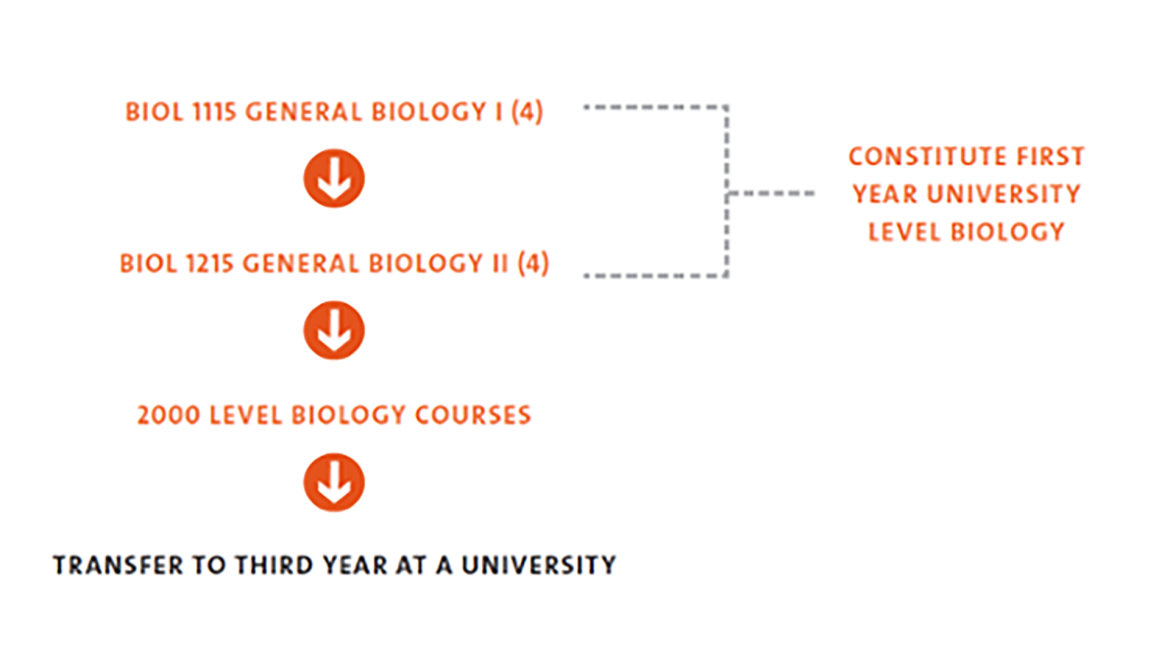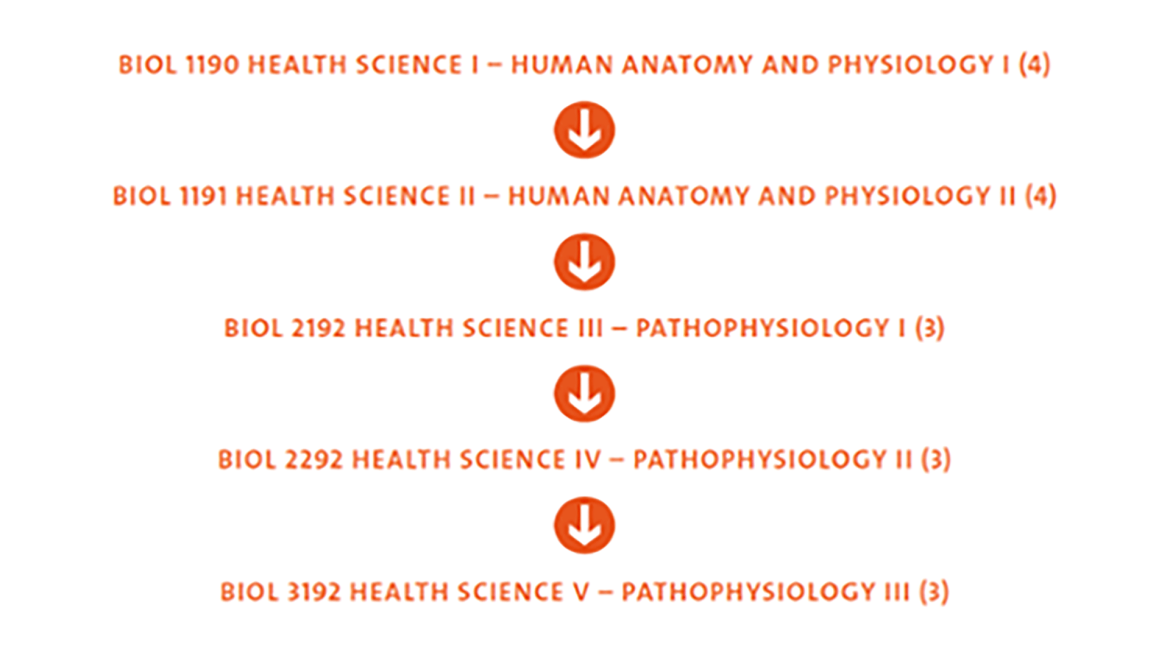Biology
About
Biology is the study of life in all its variety and richness. It includes many aspects of your everyday experiences: your relationships with the environment, the foods you consume, the way your body works. In fact, functioning in the present world without biological knowledge is a distinct handicap, since biological advances are at the forefront of social change. When you study biology at Langara, you will examine all aspects of living things: from the molecules that make up your cells to entire ecosystems. You will get an excellent grounding in a broad range of biology topics. You will also be able to choose courses in numerous specialties, such as ecology, microbiology, genetics, as you focus more closely on your personal interests and career goals.

Information about the living world and opportunities for Biology graduates have grown rapidly over the last few decades. Your career options will depend on your specific interests and educational focus, but could include research, education, journalism, law, public health, conservation, forensics and much more. Some biology sectors such as biotechnology and environmental sciences are among the faster-growing areas of the Canadian economy.
The Langara Biology Department has a firm commitment to providing the practical aspects of a science education. All our university-transfer Biology courses include 2 or 3 hours of lab or fieldwork per week. We have five well-equipped lab rooms, including a dedicated Microbiology laboratory. Our excellent team of lab demonstrators has a broad range of biology expertise and is available to assist students in the labs and during office hours. Also, a study space for second year students is available in the Biology lab area for biology students to work independently on assignments and projects throughout the term.
Course path
There are many reasons to study biology at Langara College. The Biology Department offers a variety of first-and second-year courses to meet students’ needs.
The Department offers courses for those:
- Planning to pursue a degree in biological sciences
- Needing prerequisites for other programs such as Nursing, Health Sciences, and Bioinformatics
- Who require a Biology course with a lab component
- Wanting to learn more about biology
The following is a guide to help you determine which biology courses you need, and in which order you should take them.
Course path for biology majors
For students intending to pursue biology in second year and beyond:

Note: For students who have never taken biology in high school, any of the following non-major courses can be used as a prerequisite into BIOL 1115: BIOL 1111, 1118, 1218 or 1175
Course path for biology non-majors
For students taking biology for the first time, or need a science course with a laboratory component as part of another program at Langara, or as a prerequisite for BIOL 1115 or 1190 (students can take any of the following 4 courses):
- BIOL 1111 CONCEPTS IN BIOLOGY (4)
- BIOL 1118 INTRODUCTION TO ENVIRONMENTAL ECOLOGY (4)
- BIOL 1218 BIODIVERSITY AND CONSERVATION BIOLOGY (4)
- BIOL 1175 INTRODUCTION TO HUMAN BIOLOGY (3)
Note: BIOL 1111, 1118, 1218, and 1175 have no prerequisites.
Course path for students applying for the Bachelor of Science in Nursing

Note: For students who have never taken biology, any of the following courses can be used as a prerequisite into BIOL 1190: a C+ in BIOL 1111 OR a C in BIOL 1115. Pathophysiology courses are only available to Nursing students.
